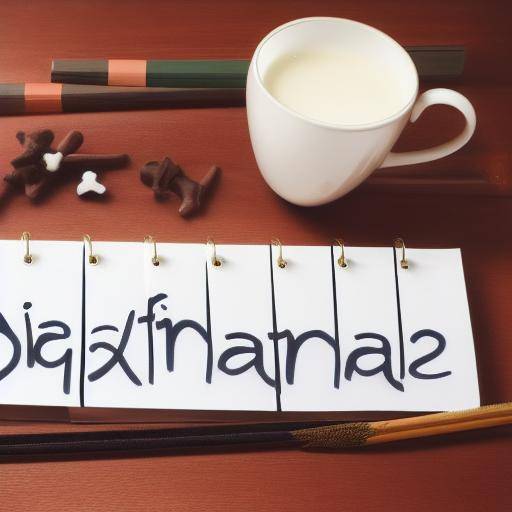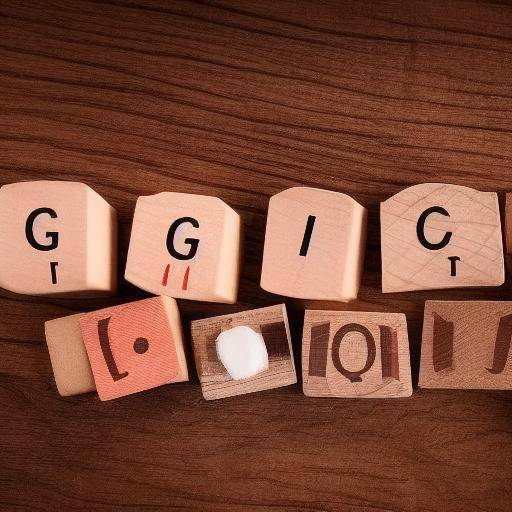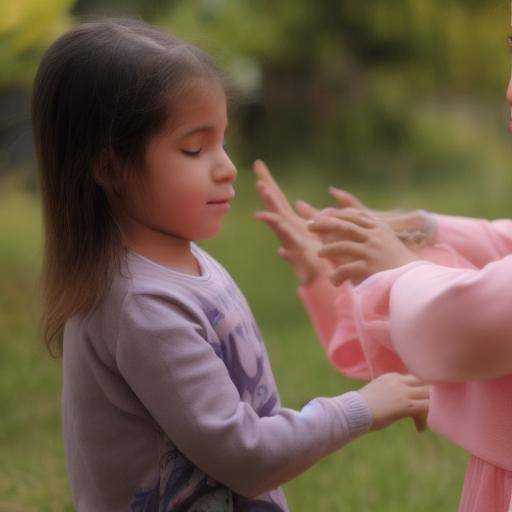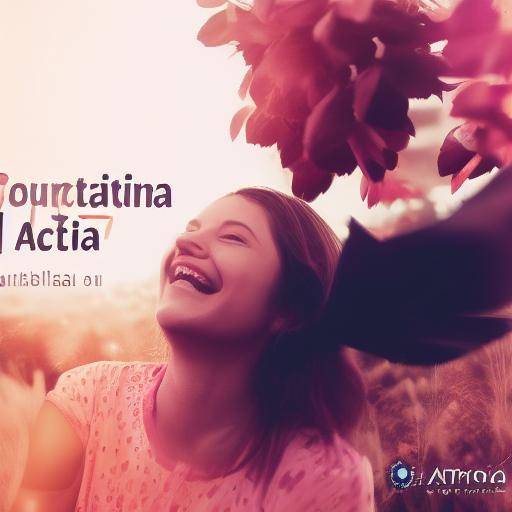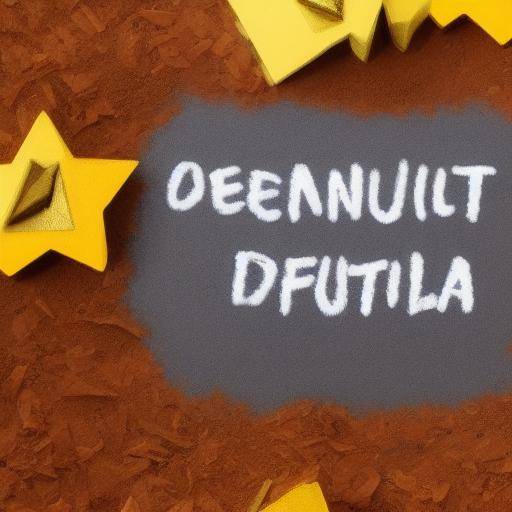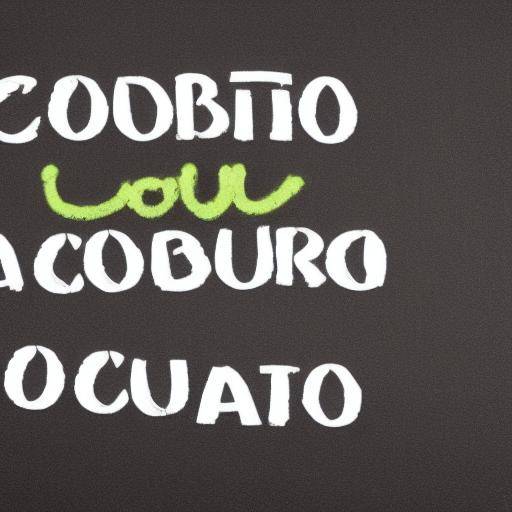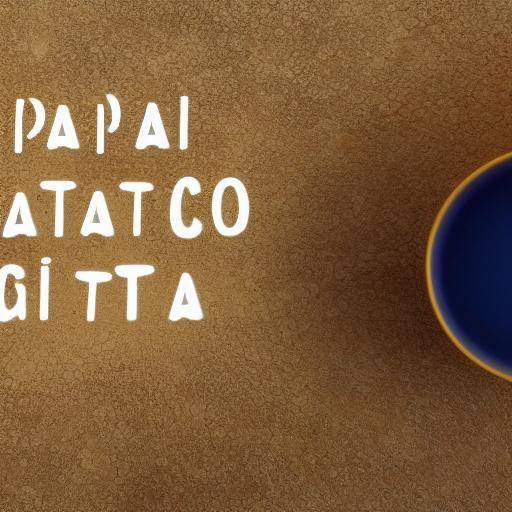
Gratitude is a powerful human quality that has been recognized for centuries as a vital ingredient in cultivating patience and emotional well-being. In modern society, where the accelerated pace of life can undermine our capacity for patience and gratitude, understanding the impact of gratitude on the cultivation of patience is essential to foster a balanced and enriching life. In this article, we will explore in detail the connection between gratitude, patience and emotional well-being, providing historical perspectives, deep analysis, practical advice, and a vision of future trends. Join us on this journey to understand how gratitude can strengthen our patience and improve our quality of life.
History and Background
Gratitude, known as one of the most precious virtues in various cultures and religions throughout history, has been practiced and valued for its positive impact on emotional well-being and human relations. From ancient philosophical teachings to contemporary practices of mindfulness and positive psychology, gratitude has been considered a fundamental pillar for patience and inner serenity.
Gratitude through Cultures
Various cultures have recognized and celebrated the importance of gratitude over time. In ancient Greece, gratitude was regarded as a central virtue that strengthened human relations and fostered social harmony. In the teachings of Buddhism, gratitude is closely related to the cultivation of patience, as it is considered a crucial step towards understanding and accepting reality as it is. In Jewish traditions, the practice of giving thanks to God and others is seen as an act of humility and recognition of the blessings received.
Evolution in Modern Consciousness
The recognition of gratitude in modern psychology has led to a renewed interest in its benefits for emotional well-being. Based on pioneering research by psychologists such as Martin Seligman and Robert Emmons, regular practice of gratitude has been shown to promote positive emotions, reduce stress, and strengthen emotional resilience. These researches have established a direct connection between gratitude, patience and general well-being, thus promoting their adoption in different fields, such as psychotherapy, personal coaching and the development of well-being programs in working environments.
Emblematic and Relevant Cases
Throughout history, emblematic cases have emerged that show the transformative power of gratitude in the cultivation of patience. A classic example is the account of the Roman philosopher Séneca, who, despite being exiled by the emperor Claudio, maintained an attitude of teson and gratitude, recognizing the opportunity that exile offered him to deepen his philosophical reflections. This case illustrates how gratitude can act as a catalyst for patience and overcoming adversities.
Analysis in Deep
Benefits of Gratitude in the Cultivation of Patience
The regular practice of gratitude has been linked to a number of psychological and emotional benefits that contribute to the development of patience. Scientific studies have shown that people who cultivate gratitude tend to experience higher levels of satisfaction with life, positive emotions and a lower risk of depression and anxiety. These effects reinforce people ' s ability to tolerate uncertainty and delays, thus fostering a more patient attitude to everyday challenges.
Challenges and Overcoming in the Cultivation of Patience through Gratitude
Despite the obvious benefits, it should be noted that growing patience through gratitude can present significant challenges. In a world characterized by immediacy and instant gratification, the practice of patience can be challenging for many people. Gratitude, then, not only involves recognizing and valuing what is available, but also learning to accept the situations that challenge our patience without losing the grateful attitude. This process requires conscious commitment and practice, as well as willingness to face and overcome emotional obstacles, which can generate significant personal growth.
Current trends and prospects Futures
In a contemporary context, interest in gratitude, patience and emotional well-being has experienced a remarkable boom, both individually and organizationally. In the field of positive psychology, for example, interventions have been developed based on gratitude that seek to promote patience and emotional balance. Also, in working environments, there is an increase in the implementation of welfare programs that incorporate gratitude and meditation practices focused on the development of patience and emotional resilience.
Practices and Best Practices
In everyday life, there are many ways to integrate gratitude to strengthen patience and emotional well-being. These may include from carrying a daily of gratitude, in which the positive aspects of life are regularly recorded, to expressing gratitude to others in a conscious and genuine manner. Likewise, the cultivation of patience through gratitude can benefit from meditative practices and mindfulness that promote acceptance and serenity in moments of impatience.
Comparative analysis
From a comparative perspective, it is essential to understand the connections and distinctions between gratitude, patience and emotional well-being to appreciate their interrelationship and their combined effects.
Connections between Gratitude and Patience
Gratitude and patience are closely intertwined, since the ability to appreciate and value what is available, as well as to maintain a positive perspective in challenging situations, requires a patient and tolerant approach to life. Gratitude nourishes patience by fostering an attitude of acceptance and optimism, thus promoting emotional well-being.
Distinctions and Synergies with Emotional Welfare
While gratitude and patience contribute to emotional well-being, it is important to distinguish their roles and effects. While gratitude focuses on the recognition and appreciation of blessings, patience implies the ability to maintain calm and perseverance in difficult times. These qualities, when combined, generate powerful synergies that strengthen resilience and emotional stability.
Practical Tips and Accessible Recommendations
To promote the effective integration of gratitude in the cultivation of patience and emotional well-being, it is useful to consider certain practical advices aimed at action and reflection.
- Journal of Daily Gratitude: Dedicates a few minutes each day to write down three things for which you feel grateful. This exercise can strengthen the connection between gratitude and patience by focusing your attention on the positive.
- Mindfulness practices: Participate in mindfulness and meditation activities that encourage serenity and acceptance. These practices can nurture both gratitude and patience, thus promoting greater emotional well-being.
- Expression of Acknowledgement: Appreciate the people around you in a genuine and meaningful way. Recognizing and assessing others promotes an enabling environment for the cultivation of patience and mutual gratitude.
Industry Perspectives and Expert Reviews
The recognition of gratitude and patience as key factors for emotional well-being has generated a wide interest in various sectors, including psychology, mental health, leadership and human resource management. Experts in these areas have shared their views and perspectives on the relationship between gratitude, patience and emotional well-being, as well as their impact on personal and professional development.
According to clinical psychologist Dra. María Gutiérrez, "Gratitude and patience are inherently linked to resilience and a growth-oriented mentality. In my clinical experience, I have observed how the conscious practice of gratitude can strengthen people's ability to face challenges with greater calm and mental clarity, which in turn contributes to greater emotional stability."
For his part, the business leader and motivational coach, Juan López, emphasizes that "in the business context, gratitude and patience are fundamental both for the leadership and for the well-being of the teams. Promoting an environment of mutual appreciation and promoting patience in conflict resolution are key pillars for the development of a healthy and sustainable organizational culture."
These views reflect the growing recognition of the importance of gratitude and patience in various fields, as well as their key role in promoting emotional well-being in personal and work contexts.
Case Studies and Practical Applications
Through case studies, it is possible to specifically illustrate how gratitude has positively impacted patience and emotional well-being in different contexts and scenarios.
Corporate Case: Gratitude Program at Workplace
A technology company implemented a program of gratitude that included meditation sessions focused on full attention and team thanks exercises. As a result, there was a significant increase in the willingness of employees to actively listen to the ideas of their colleagues and address complex challenges with greater calm and collaboration. This approach in gratitude helped to strengthen patience and emotional well-being in the working environment, generating a positive impact on productivity and organizational climate.
Personal Case: Practice of Gratitude in Mental Health
A case study revealed how the integration of gratitude in the treatment of anxiety and depression had beneficial effects on the emotional management of patients. By focusing on identifying aspects of their lives for which they were grateful, participants reported a significant reduction in emotional distress and a greater willingness to face everyday challenges with patience and resolution.
These cases illustrate how gratitude can act as an effective tool to strengthen patience and emotional well-being, both in the workplace and in mental health care.
Future Trends and Predictions
As awareness of the importance of gratitude, patience and emotional well-being continues to expand, it is possible to identify several emerging trends and predictions for the future.
Trends indicate greater emphasis on the integration of practices of gratitude and patience in educational settings, from primary to vocational training, with the aim of promoting a resilient and emotionally balanced mentality from an early age. In addition, it is expected that more work well-being programmes will incorporate components of gratitude and patience, recognizing their role in promoting a healthy and sustainable working environment.
In addition, an increase in research and implementation of interventions based on gratitude and patience in clinical and therapeutic environments is predicted to address emotional disorders and strengthen psychological resilience. These predictions reflect the recognition of gratitude and patience as fundamental pillars for emotional well-being in various contexts, as well as their potential to generate lasting positive impacts on quality of life and personal development.
Conclusions and FAQs (FAQs)
In short, gratitude plays a fundamental role in the cultivation of patience and emotional well-being, strengthening our capacities to face the challenges with serenity and optimism. Its impact is reflected in various areas of life, from personal to work, and its continued practice promotes greater emotional stability and a deeper appreciation of reality.
Frequently asked questions (FAQs)
**1. How can I cultivate gratitude in my daily life?**In everyday life, you can cultivate gratitude through regular practice of anoting aspects for which you feel grateful, expressing gratitude to the people around you and participating in mindfulness activities focused on the appreciation of the positive.
**2. What concrete benefits can be of gratitude to my emotional well-being?**Gratitude has proven to contribute to greater satisfaction with life, more frequent positive emotions, a reduction of stress and a greater emotional resilience, thus reinforcing your emotional well-being significantly.
**3. How can I strengthen my patience through gratitude?**Gratitude can strengthen your patience by promoting an attitude of acceptance, optimism and appreciation of what you have, which allows you to face the challenges with greater calm and perseverance.
**4. Is there any specific way to incorporate gratitude into a working environment?**Yes, in a working environment, you can implement gratitude programs that include meditation sessions focused on full attention and team-based gratitude exercises to promote a more collaborative and emotionally balanced working environment.
**5. What is the impact of gratitude on mental health and the management of anxiety?**The integration of gratitude in the treatment of anxiety and depression has shown beneficial effects on the emotional management of patients, reducing emotional distress and strengthening the ability to face challenges with patience and resolution.
**6. How can I learn more about the influence of gratitude and patience on emotional well-being?**To learn more about this topic, we recommend exploring books, online courses, and resources of positive psychology and mindfulness that address the influence of gratitude and patience on emotional well-being.
Conclusion
The connection between gratitude, patience and emotional well-being is revealed as a fundamental link for a balanced and enriching life. Through conscious practice of gratitude, we can strengthen our patience, foster a more resilient emotional state and cultivate a deeper appreciation of life. By recognizing the impact of gratitude on the cultivation of patience, we embrace the opportunity to move through life with greater calm, acceptance and gratitude, thus generating a positive impact on our emotional well-being and relationships with others.

